In Praise of the Vajrayana – A Brief Introduction to Buddhist Tantra
A feature article introducing profound Buddhist Tantra, from Jason Espada author of the book A Belief in the Miraculous.
I. The Skillful Means of the Mahayana
The Stages of the Path teachings [Note 1] cover the entire range of Buddhist teachings, from refuge, to teachings on liberation, to the Mahayana motivation and Wisdom. They conclude with reference to the Vajrayana, the ‘lightning’ or ‘diamond thunderbolt’ vehicle. We may wonder, if we have a compassionate motivation and right view, why we would need anything more. The answer that is offered is that Tantra is faster. It’s out of a sense of urgency that we would seek out and make use of these methods.
The wonderful teacher, Lama Lodro Rinpoche, always emphasizes in his commentaries on different practices that the Vajrayana are the skillful means of the Mahayana, and should not be considered apart from them.
Alexander Berzin writes that ‘Tantra is the method for putting all of the sutra practices together in an extremely efficient, holistic manner.’ [2]
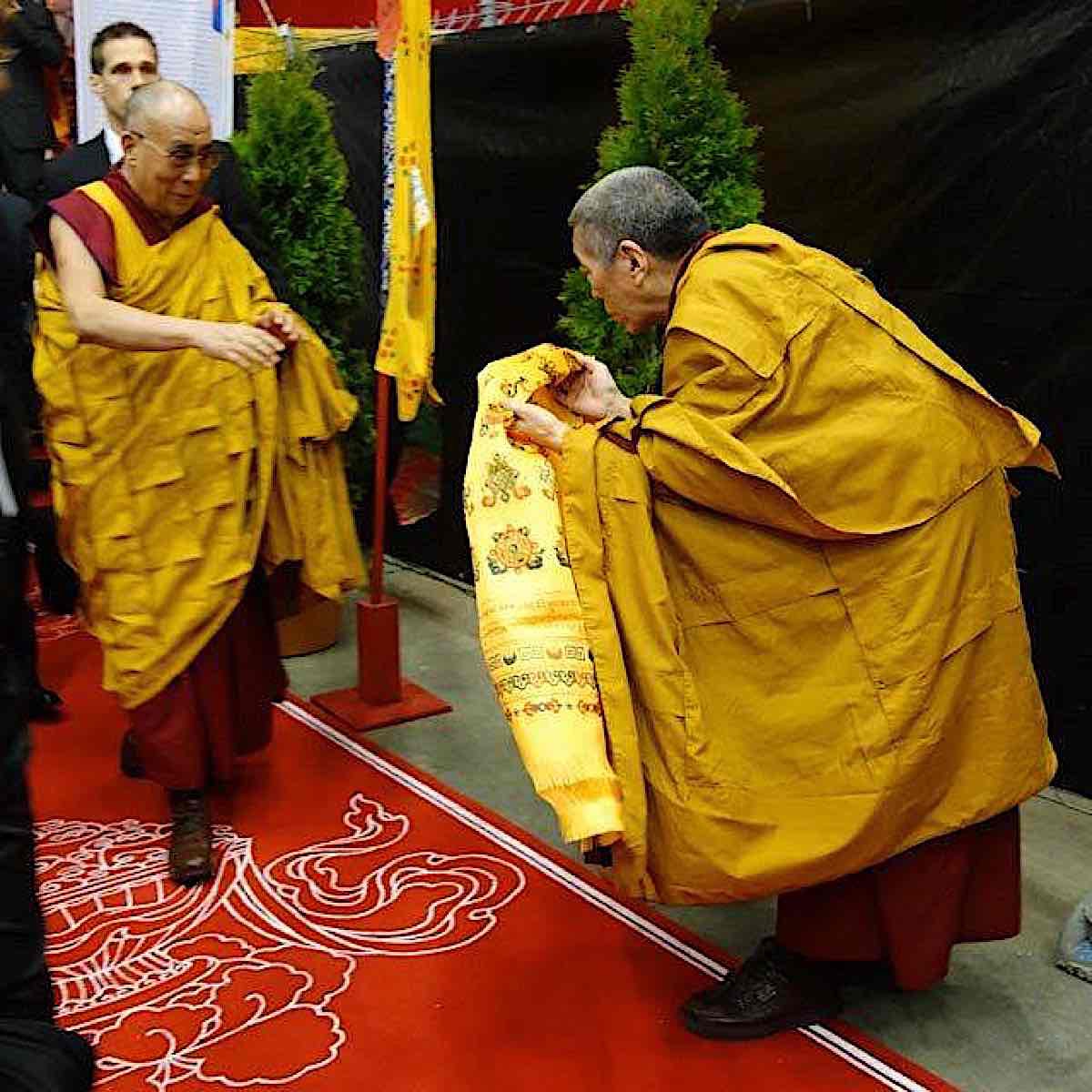
And Beda Fredi said, ‘Mahayana is the philosophy, and Vajrayana is the practice.’ [3]
If we understand the view, and the powerful motivation of someone who wants to help others through awakening, then these prayers and practices make complete sense. They come naturally.
II. Sacred Outlook
Part of accessing these teachings, I know, involves a change in world view, from ordinary perception to what is called Sacred Outlook, or Pure Perception. [4] If Buddhas and Bodhisattvas are unknown to a person, and if they have a mundane view of themselves, and cling to that, then there’s not much of an entry point, but when we have some openness and faith, our experience changes, we begin to see the divine nature of this world, of ourselves and all others.
These methods work just as the traditions say they do. They help us to awaken greater wisdom and compassion, and the ability to help others.
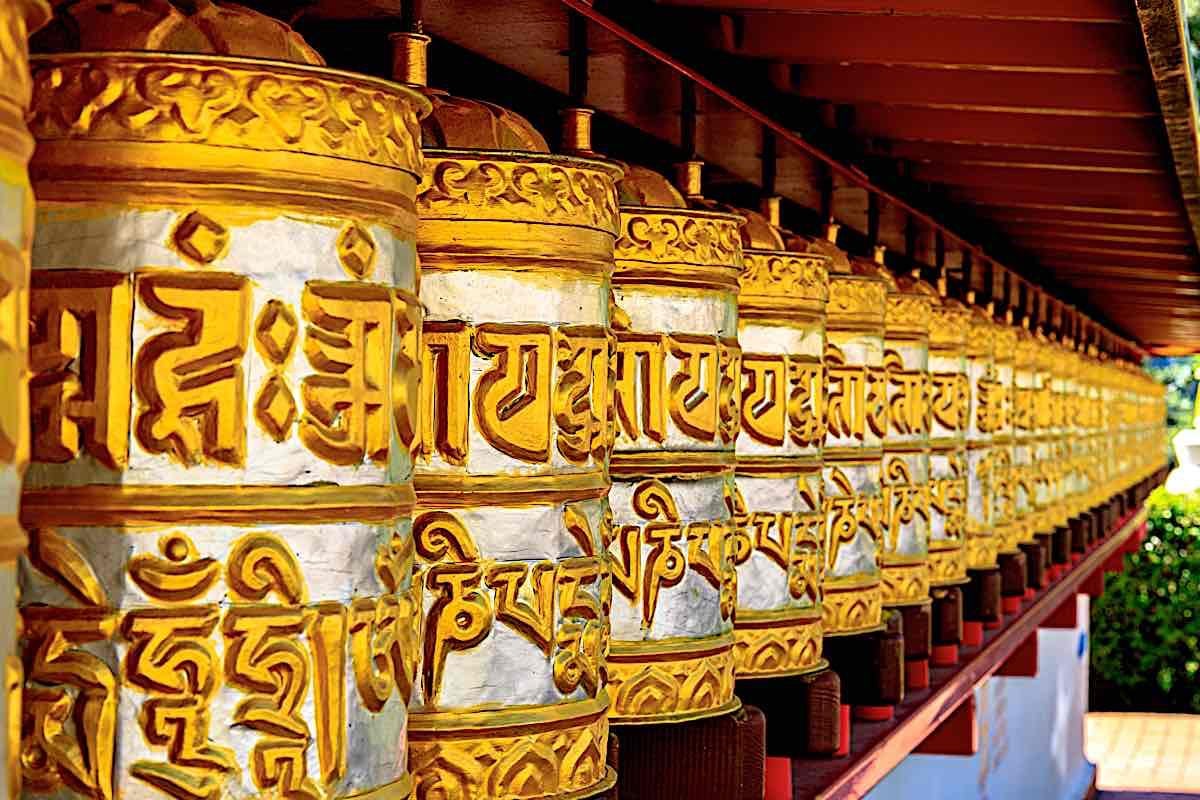
III. Prerequisites – the foundations for practicing Buddhist Tantra
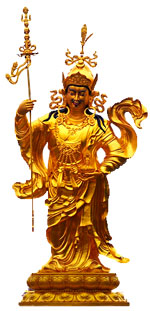
Traditionally, in Sutrayana it’s said that there are different levels of motivation for those who want to get the most out of Buddhism. They are – aiming for higher rebirth, for liberation from samsara, and for enlightenment. Specifically then in the Vajrayana, renunciation, bodhicitta and right view are the basis for practice.
All of these are based on ethical living. Without one of these moving our mind and activity, our usual ego motivations are a cause of eventual suffering for ourselves and others.
This is why the renunciation of samsara, otherwise known as aiming for freedom, has been emphasized by compassionate teachers in general, but especially before taking up these methods.
Their reason is simply that if we only follow what our ego wants, and are not abandoning the common eight worldly dharmas, we’re just making trouble for ourselves, and in fact these techniques can make things even worse for us.
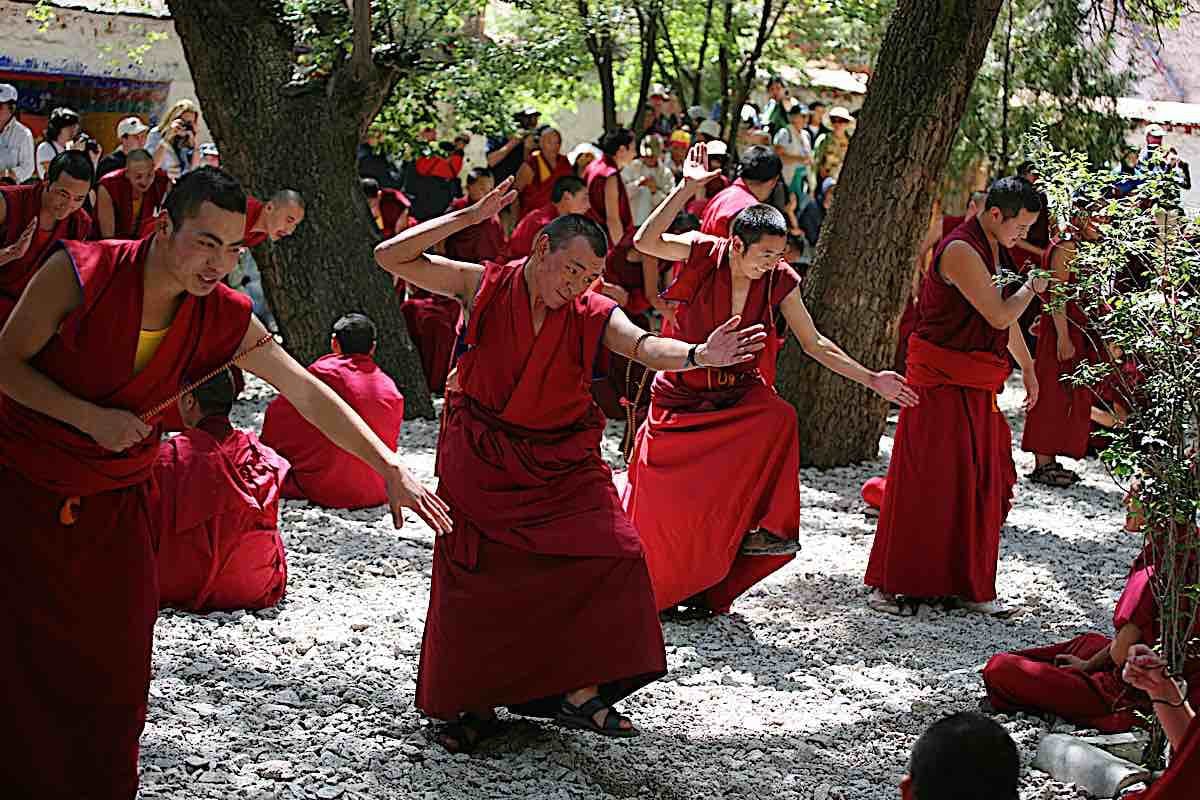
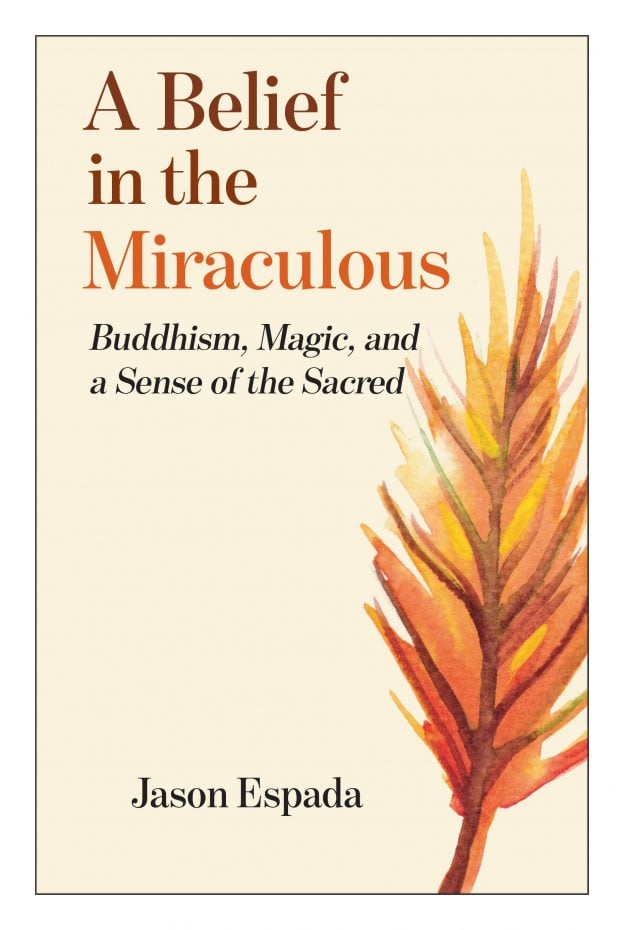
It’s been this way since the beginnings of ritual and people accessing forces beyond their usual sense of self – such methods have always been open to misinterpretation and misuse, but then they are not Buddhist practice.
It’s really tragic that by far the most common association with tantra these days is with the manipulation of sexual energies. I can’t speak to the traditions that teach this, except to refer to what Lama Yeshe says in his classic book, Introduction to Tantra, that
‘We may feel that since tantra is advertised as a way of utilizing desire, all we have to do is indulge our uncontrolled appetites or increase the number of desires we already have and we will be following the path of a true practitioner. Some people do have this attitude, but it is completely mistaken. We should never forget that if wallowing in desire were the same as practicing tantra, we would all be highly evolved tantric yogis and yoginis by now!’ [5]
The Vajrayana introduces us to levels of being and to a world view that are completely beyond our ordinary conceptions, and to our innate capacities. This is radically different from anything we may undertake from our ego’s perspective.
IV. Self Power and Other Power [6]
Even before we get to Vajrayana methods, in the Zen and Pure Land schools of Buddhism, the question of relying either on oneself, or on Another for spiritual development was worked with, and for some with receptivity, a way of combining the two has been taught. They say that we can do our own work on ourselves, greatly aided and inspired by the Buddhas and Bodhisattvas, the saints and our own teachers. This is especially true when we practice Tantra, also known as Mantrayana.
V. Beyond Binary Thinking
The most common questions when it comes to the divine in the Vajrayana is whether these Bodhisattvas are within us, or outside, and whether they are our own true nature, or independent of us. Such binary thinking – to say – if it is this way, it can’t be that, and if it is that way, it can’t be this – in my view doesn’t apply when it comes to the activity of the Buddhas and bodhisattvas. From what I can tell, all the ways of receiving their benefit are true, without any contradiction. [7]
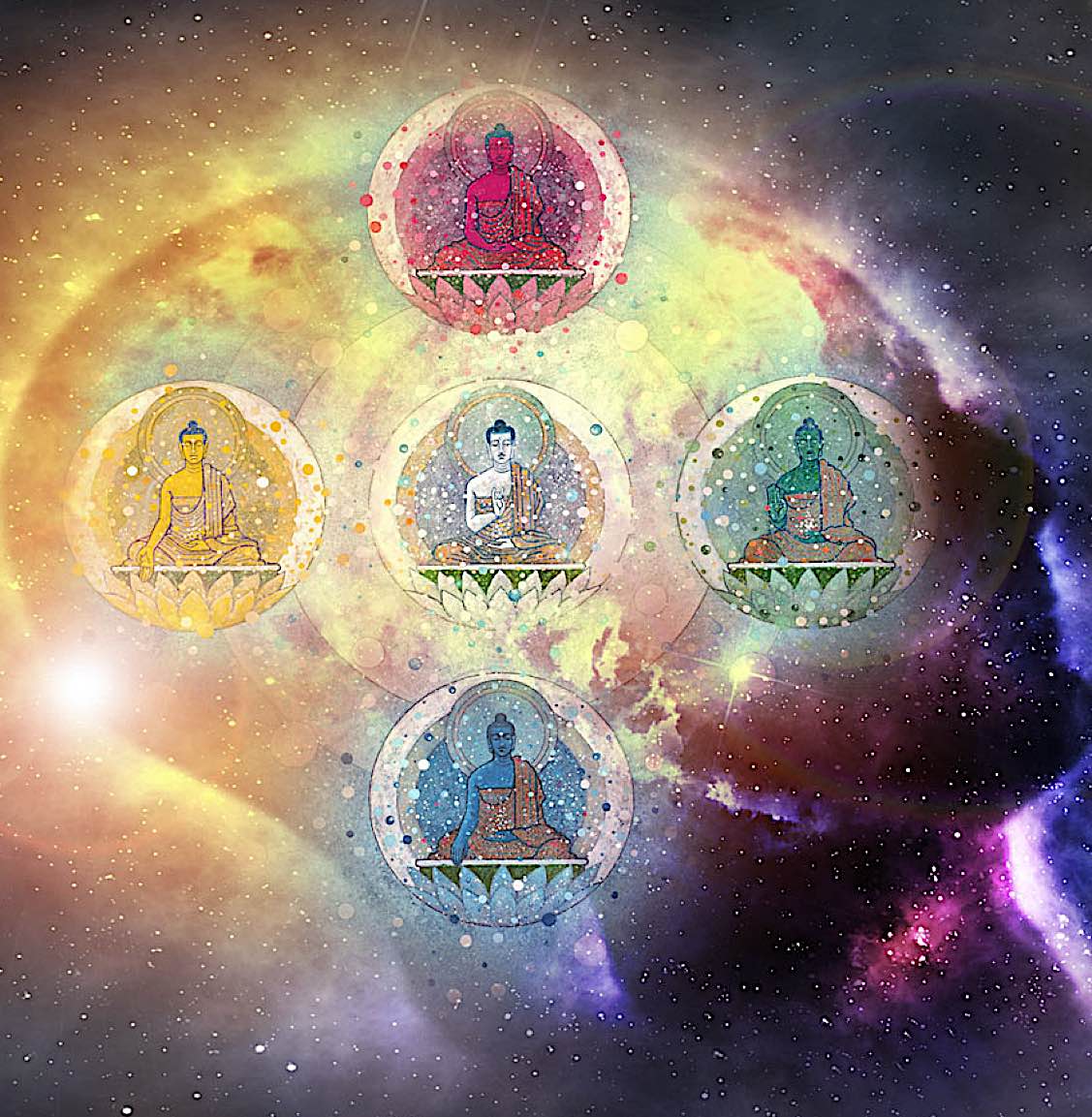
VI. All this becomes more clear in the practice.
I would say that all of the Buddhist teachings are what they call ‘self- revealing’. Without practicing, we may think we understand them, or speculate that something is or is not valid, but when we meditate and contemplate, pray and recite mantra, the results are self evident, both simpler and richer than anything we may have ever thought about them. The proof comes from the practice itself, and not otherwise.

VII. The characteristics of Buddhist Tantra
The Vajrayana is taught as ‘having few hardships, many methods, and for those with sharp faculties’. [8] When I think of all that people have accomplished using these methods, to heal and support people’s freedom from samsaric sufferings, I’m amazed, and filled with gratitude.
We are all so different, and there are different methods to meet our own needs and temperament. For some, at times Tara or Quan Yin is most accessible, comforting and inspiring; for others, Manjushri, or the Healing Buddha; Vajrasattva practice is one of the profound means of purification, and Avalokiteshvara or Chenrezig can help us in wonderful ways, throughout all of our lives.
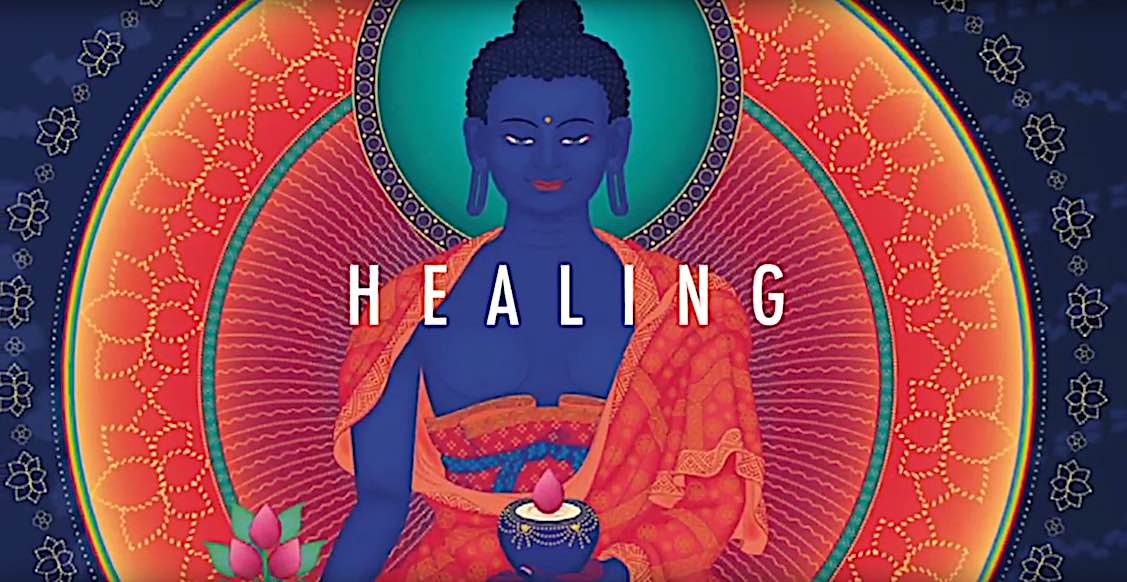
VIII. Elements joined together
The Vajrayana makes use of:
- the power of love and compassion

Guru Rinpoche stresses the importance of alone time in Tantric meditation. Even if you can’t get away to a handy “meditation cave” a close door and a turned-off cell phone makes sense. - the power of liberating insight
- the power of devotion
- the power of concentration – samadhi
- the power of the imagination, visualizing Pure Lands, and Buddhas
- the power of sacred speech, prayer and mantra
- and, the blessings of the Buddhas and Bodhisattvas, saints and sages, our lineage, and our teachers.
These are found in other ways of practicing, but in Buddhist Tantra they are joined together.
IX. Empowerment
In addition, in the Vajrayana, we connect with a practice through rituals that are called initiations. The word tantra means thread, and refers to this transmission of enlightened energy, as well as to the continuum of our original nature. [9]
I asked my teacher early on if a person could do a purification practice such as that of Vajrasattva without an initiation, and he said yes, but that it would help to have one, and I have found what he said to be true. Initiations are also called ‘the ripening empowerments’.

X. In times such as these
It’s taught that in times of great need that Vajrayana practice is especially powerful.10 I can also attest to this being true. It really does feel this way to me now.
We are living in what they call a time of the degeneration, characterized by more wars, famine, threats to the environment and natural disasters; more addictions, loneliness and isolation; new and seemingly intractable diseases; more wrong views and deeply ignorant people, and an overall increase in disturbing emotions.
In times such as these we are very much in need of powerful methods to heal, purify, strengthen, nourish, protect, and benefit ourselves and our loved ones, and communities. For those with an affinity to these teachings, the tantras offer just such methods.
I praise all the healing and comfort people have received, all the light that’s dawned,
and all the freedom that’s been secured through these methods
May these increase more and more
I praise all the illuminating and liberating Activities of the all the Buddhas and Bodhisattvas
May we all receive their blessings
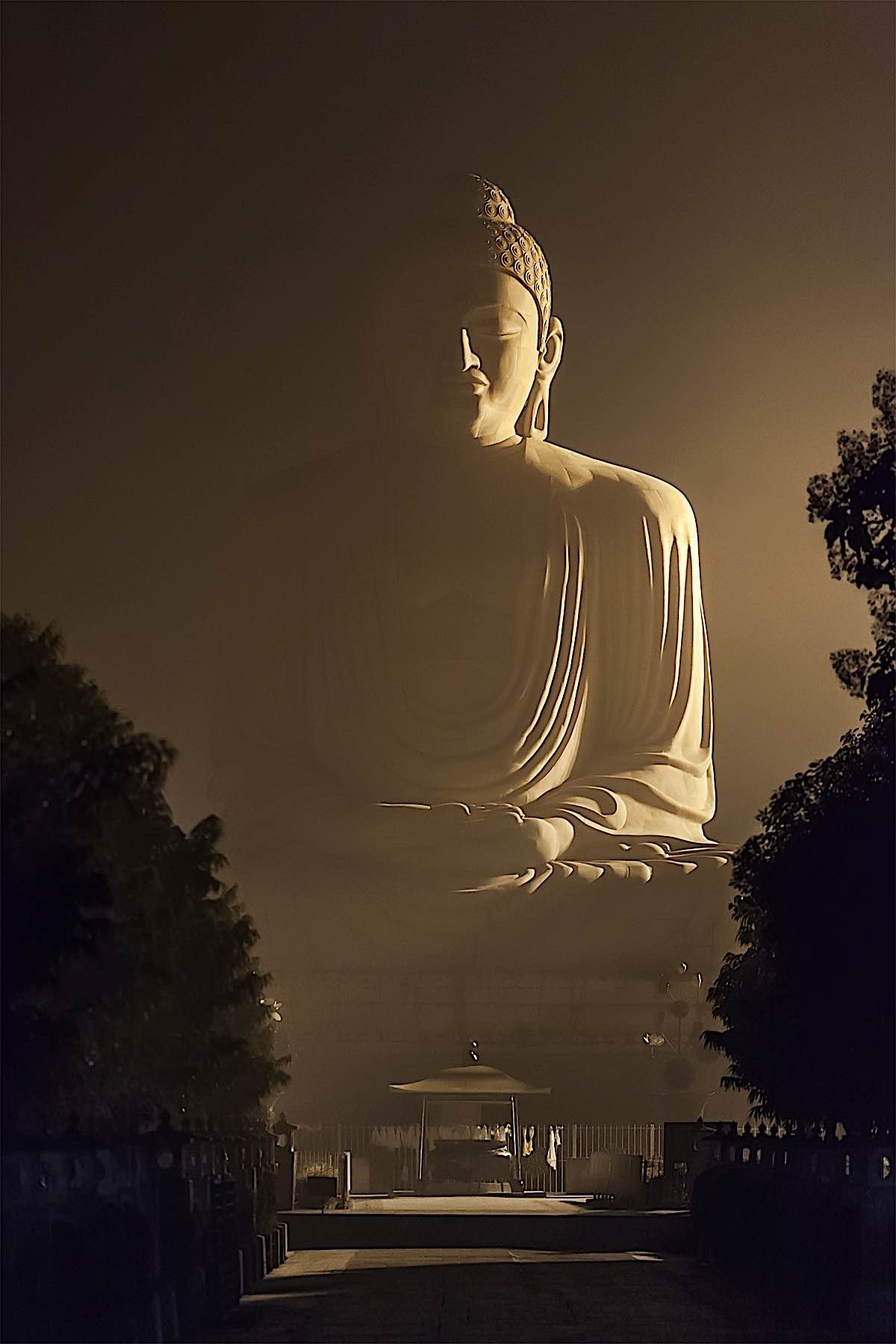
Notes
1. See An Introduction to the Stages of the Path Teachings
2. What is Tantra?, by Dr. Alexander Berzin
3. See The Revolutionary Life of Freda Bedi: British Feminist, Indian Nationalist, Buddhist Nun
4. See Sacred Outlook: Going Beyond Ordinary Perception in Modern Culture and American Buddhism, by Jason Espada, in Buddhaweekly
5. Introduction to Tantra, by Lama Yeshe
6. Self Power and Other Power, by Thich Thien-An, from Zen Philosophy, Zen Practice
7. See: An Introduction to the Bodhisattva-Divinity Tara, from A Belief in the Miraculous – Buddhism, Magic, and a Sense of the Sacred, by Jason Espada
8. Repeating the Words of the Buddha, by Tulku Urgyen
9. See: What Happens During An Initiation, from Chenrezig, Lord of Love, by Bokar Rinpoche, and Transmission Through Empowerment, from Introduction to Tantra, by Lama Yeshe
10. Heart Advice for Practicing the Dharma in Daily Life
Jason Espada is a writer and classical musician living in San Francisco; a steward of his father’s photography, and the founder of abuddhistlibrary.com.Over the years, he’s made a number of recordings of Buddhist teachings. These days his focus is on the natural connection between spirituality and social action. His new website is jasonespada.com.
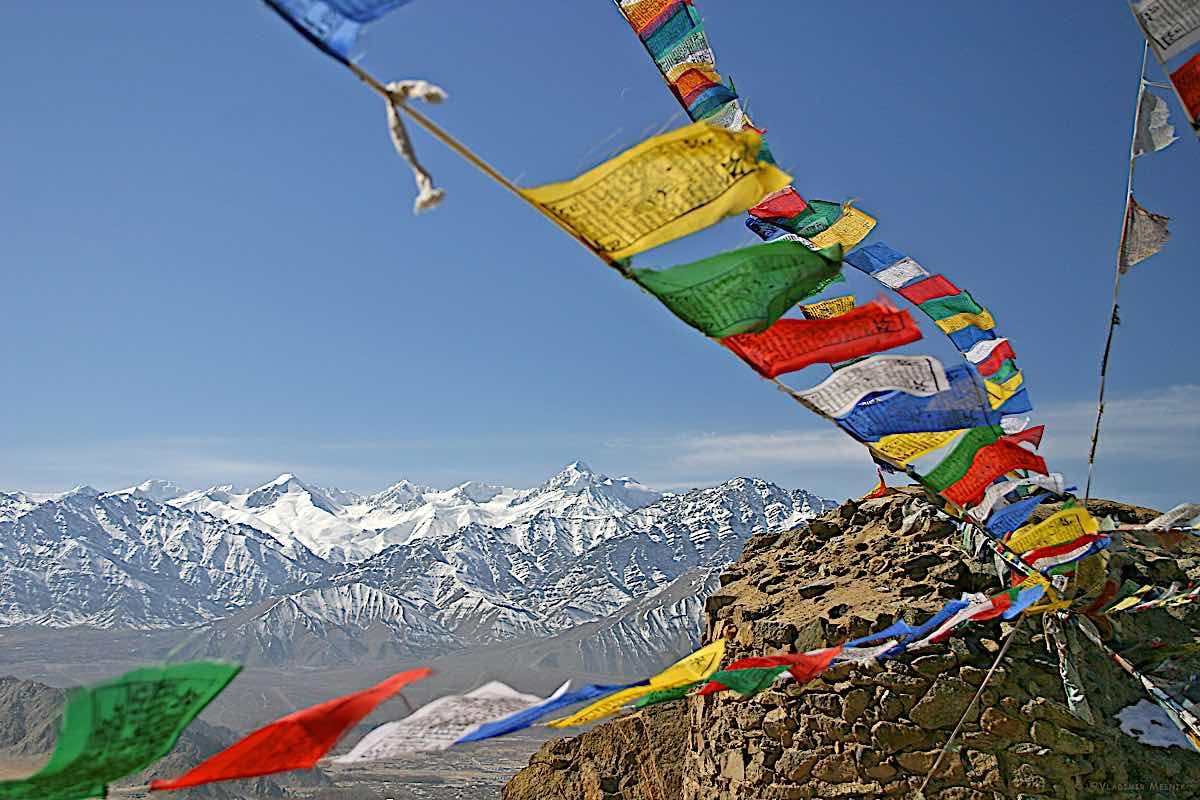
More articles by this author
Search
Latest Features
Please support the "Spread the Dharma" mission as one of our heroic Dharma Supporting Members, or with a one-time donation.
Please Help Support the “Spread the Dharma” Mission!

Be a part of the noble mission as a supporting member or a patron, or a volunteer contributor of content.
The power of Dharma to help sentient beings, in part, lies in ensuring access to Buddha’s precious Dharma — the mission of Buddha Weekly. We can’t do it without you!
A non-profit association since 2007, Buddha Weekly published many feature articles, videos, and, podcasts. Please consider supporting the mission to preserve and “Spread the Dharma." Your support as either a patron or a supporting member helps defray the high costs of producing quality Dharma content. Thank you! Learn more here, or become one of our super karma heroes on Patreon.
Jason Espada
Author | Buddha Weekly
Jason Espada is a writer and classical musician living in San Francisco; a steward of his father’s photography, and the founder of A Buddhist Library: http://www.abuddhistlibrary.com. Over the years, he’s made a number of recordings of Buddhist teachings. These days his focus is on the natural connection between spirituality and social action. His new website is at JasonEspada.com.


















